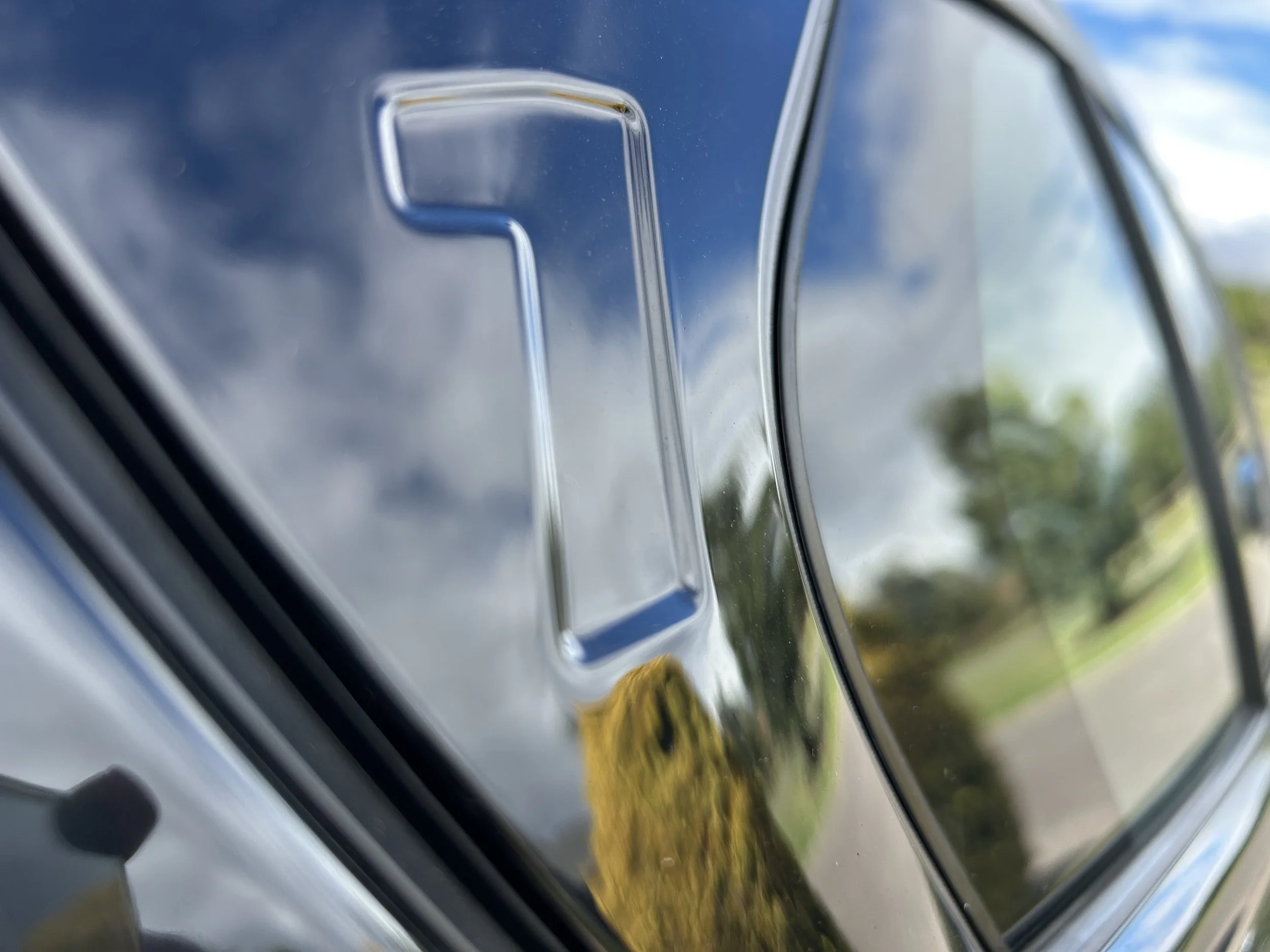Tesla slide also a personality problem?
/Kiwi EV interest is already well down, and now there are reports suggesting Elon Musk has annoyed Teslarati.
ELON Musk’s extreme political views and activities are hurting Australian fan interest in his Tesla car brand, but whether that has become factor in why New Zealand take-up has also sharply declined this year is yet to be defined.
However, industry speculation is that, if this is happening, then it is just another headache for a brand that appears to have largely lost its darling status here, and reputedly has accrued a large catchment of unsold electric cars.
Tesla’s two products, the Model 3 sedan and the spin-off Model Y sports utility/hatchback, appear to be among former market peak performers that have lapsed massively this year, going by the EVDB.nz site, which accrues registrations data.
It suggests that as of end of July, the last period when counts came in, 313 examples of the Model 3 and 433 of the Model Y have been plated. When EV buying was strong, those were sometimes counts achieved in an unremarkable month.
Electric car buying has gone into free fall here since January, the sector now 74 percent down on 2023, which is now seen as the last of several consecutive years of strong penetration.
The National-led coalition Government’s curtailment at end of last year of the previous administration’s rebate availability for EVs is seen as one contributor to the decline.
The new vehicle industry says while the scheme was controversial, it definitely drove sales of cars within the sub-$80,000 pricing zone that was eligible.
Another factor that is said to have hurt EV interest since are owners have to pay Road User Charges, as of April 1.
On top of this, new car sales are also down, due to the current economic condition.
However, sales of fossil fuelled cars have diminished much less than has occurred for electrics, a situation which has seen any distributors introducing significant discounts to alleviate over-stocking.
The latest of those is Polestar, which pulled $20,000 from its Polestar 2 car, and Fiat/Abarth, which basically halved the price of the electric versions of the 500 small car.
Hyundai and its Kia subsidiary have also dropped prices on some slow-selling products, as has bullish Chinese maker BYD - whose Atto3 is another to have has gone from being a high flier to a poor performer - and Ford with the Mustang Mach-E and Volkswagen, Audi, Skoda and Cupra, with cars on the common MEB platform. Some brands are still trying to shift cars imported in 2023.
Despite prices being at times as low as - if not lower - than some brands ask for the same cars in their home markets, monthly registrations are still a fraction of where they were in the peak period of EV adoption.
Tesla has remained mum about its situation but industry scuttlebutt is that it has been accruing an especially large carpark of unsold stock in Auckland.
That occurs during a time of major investment, including intent to expand the Tesla Supercharger network and the opening of a new service centre in Wellington that is said to have cost around $40 million.
EV buying has been much rosier in Australia, but Tesla is in a slump there, as well.
Media there are now reporting on a study that suggests the chief executive is the problem.
Musk’s “polarising persona” is turning away new-car buyers considering a Tesla – and causing a decline in the car maker’s reputation around the world, including Australia – according to two market research companies.
YouGov says it has observed a sharp fall in the public's assessment of the Tesla brand since Musk bought Twitter (now X) in November 2022.
Data it provided to the Australian Broadcasting Corporation shows Tesla's “brand health” across the Tasman has steadily worsened for the past 15 months and is now negative, meaning the public has generally bad associations with the brand.
The average figure for the broader car industry has remained pretty stable over the same period, it says.
News agency Reuters is reporting a similar view coming from market intelligence firm Caliber, which claims the pool of buyers considering Tesla their next vehicle in the United States has dropped from 70 percent in November 2021 to a new low of 31 percent in February 2024.
Caliber suggested Musk’s “increasingly right-wing politics and public statements” are impacting Tesla’s reputation and sales.
The Caliber survey showed Tesla’s ‘consideration score’ – a rating of how many people are considering the brand – fell eight percent in January 2024 alone while Mercedes-Benz, BMW and Audi scores increased to between 44 and 47 percent.
Reuters also said a separate study by consumer analytics firm CivicScience showed 42 percent of those surveyed had a negative view of Musk, compared to 34 percent in April 2022.

















